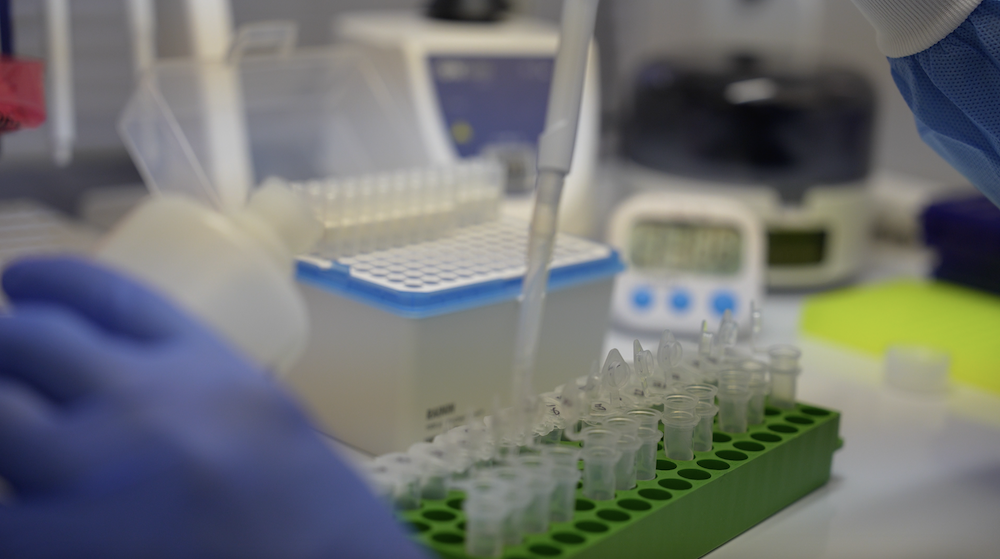Biostate AI unlocks molecular doors to global health with alliances from Boston to Bengaluru

Biostate AI has secured strategic research partnerships in the U.S. and India, and a joint venture in China, dramatically expanding the global dataset for their RNA sequencing-based precision medicine solutions.
Biostate AI uses RNA sequencing, a snapshot of gene activity, to build AI models that accurately guide drug development, therapy selection and personalised health predictions.
The company has solidified its leadership in the development of domestic and global precision medicine solutions with the inking of three major collaborations in the U.S., China, and India.
Biostate AI has established an Indian subsidiary, Bayosthiti, which collaborates with hospital systems in India and cancer hospitals including cancer and cardiovascular disease focused areas.
This closely follows Biostate AI’s precision medicine joint venture with China’s Kindstar Global Gene Technology.
Bayosthiti, Biostate AI’s Indian subsidiary, focuses on developing precision cancer diagnostics specifically tailored to the Indian population through collaborations with hospital systems and cancer hospitals including cancer and cardiovascular disease focused areas.
Although precision medicine has transformed cancer care globally, Indian patients often lack access to diagnostics tailored to their genetic profiles, relying instead on Western data.
Ashwin Gopinath, Co-founder and CTO of Biostate AI, said: “Our technologies have been validated through collaborations with over 100 academic and biotech partners in the U.S., and now we’re applying these proven capabilities to India’s unique healthcare setting.
“Our confluence of advanced AI models and wet chemistry innovations gives us both a data advantage and the ability to generate insights that were previously impossible.”
In its work with Kindstar Global, Biostate AI gains access to a data trove gathered by a clinical diagnostics leader in China.
The joint venture will transform Biostate AI’s advanced RNA sequencing and AI analysis platform to fit the Chinese population, optimising it based on local disease profiles.
The collaboration will initially focus on five high-prevalence specialties: autoimmune diseases, oral cancer, diabetes, lymphoma, and post-transplant care.
David Zhang, Co-founder and CEO of Biostate AI, said: “We’re thrilled to partner with Kindstar Global.
“As a leading specialty testing provider in China, their national clinical network of over 3,000 hospitals and deep market resources make them an ideal partner.”
In its initial research collaboration with MGB, Biostate AI is focusing on melanoma immunotherapy.
Specifically, the team’s work on immune-checkpoint inhibitors (ICIs) aims to make these therapies much safer and more effective.
While ICIs have transformed care, they are very expensive and many patients do not respond to treatment and risk severe immune-related adverse events.
Current biomarkers, such as PD-L1 expression and tumour mutational burden (TMB), often misclassify responders, leaving clinicians without a reliable way to tailor therapy.
Dr. Genevieve Boland, MD, PhD is Associate Professor of Surgery at Harvard Medical School, Section Head of Melanoma/Sarcoma Surgery at MGB.
She said: “Our group has assembled thousands of paired tumour and blood specimens linked to detailed longitudinal outcomes.
“This collaboration allows us to unlock that data with Biostate AI’s platform.”






